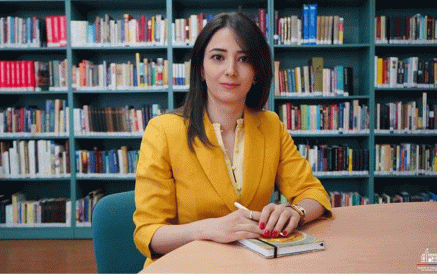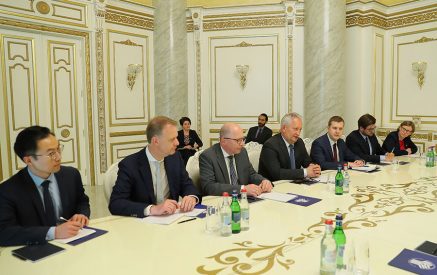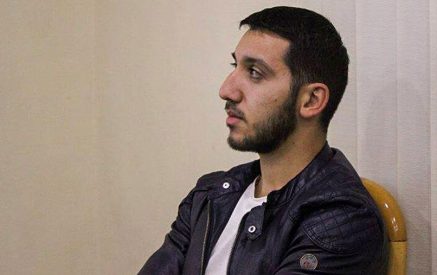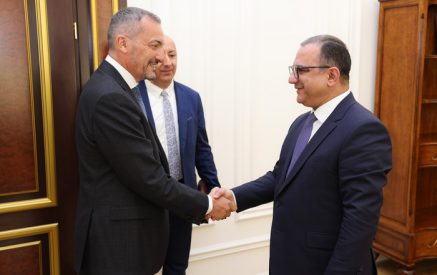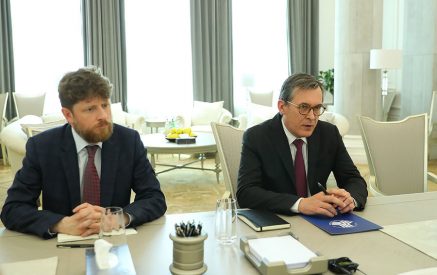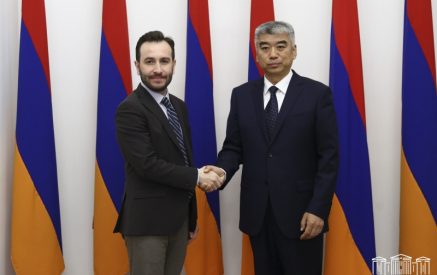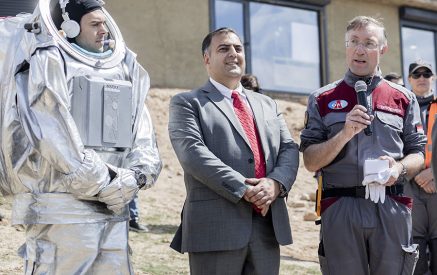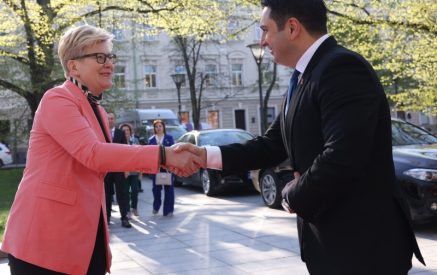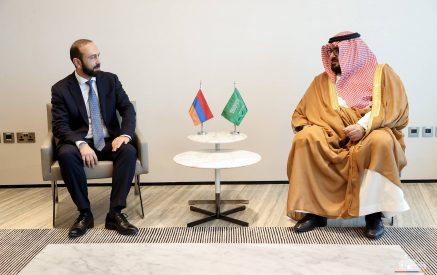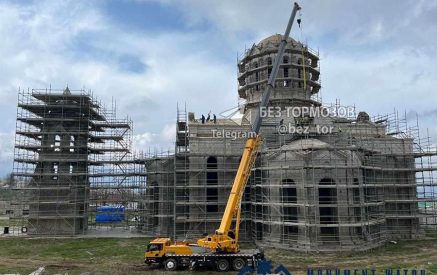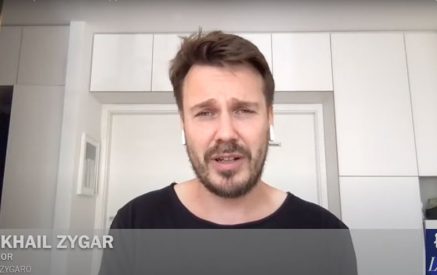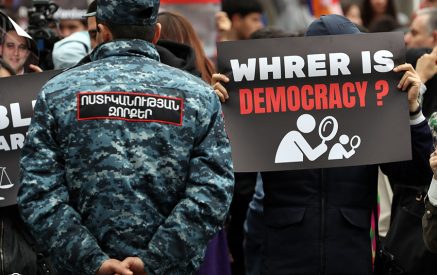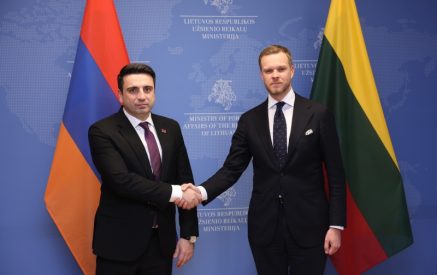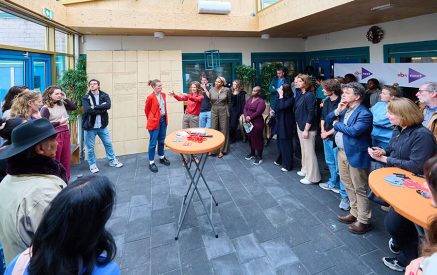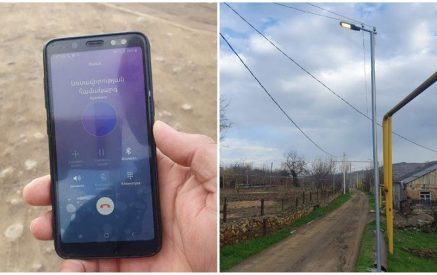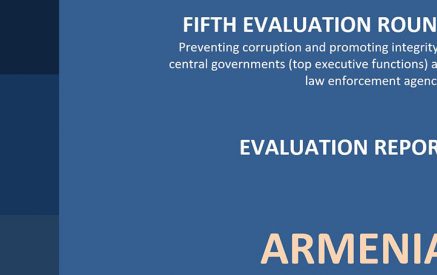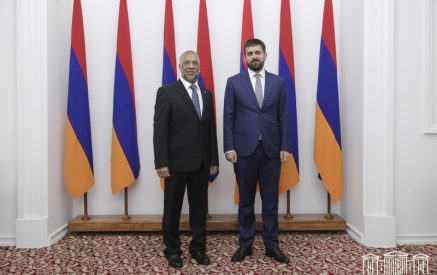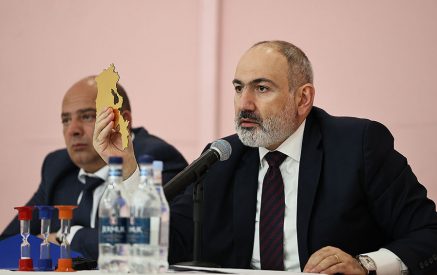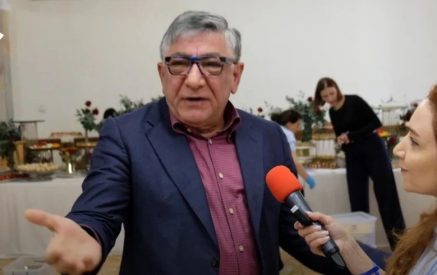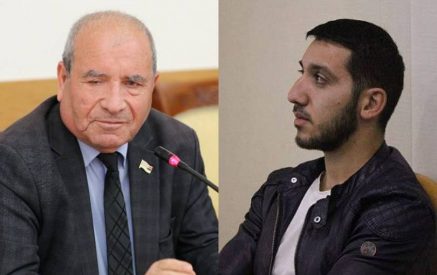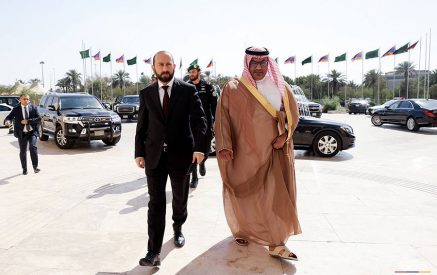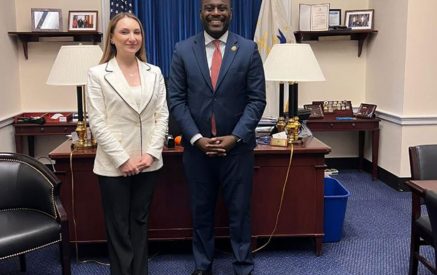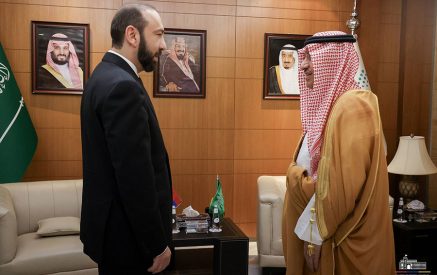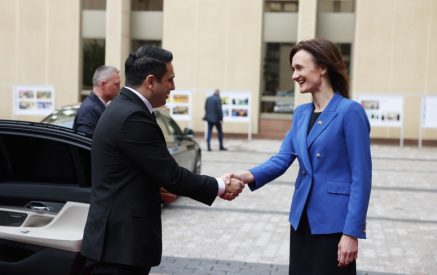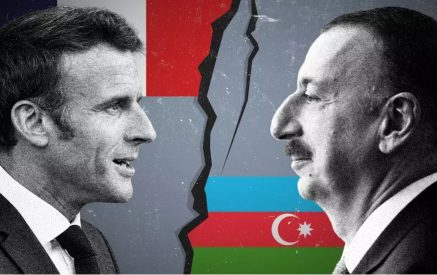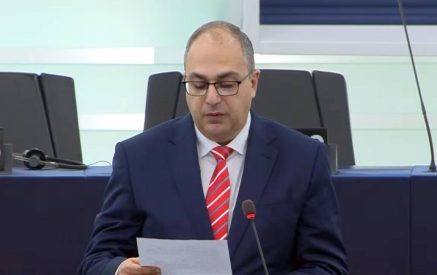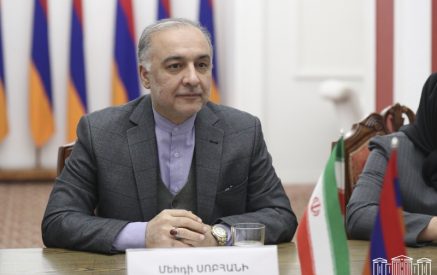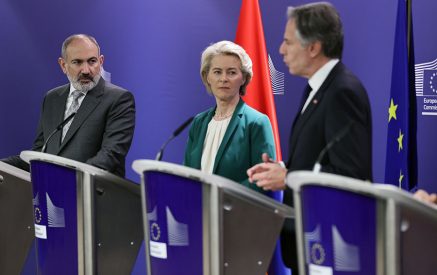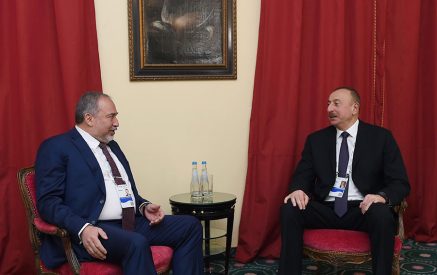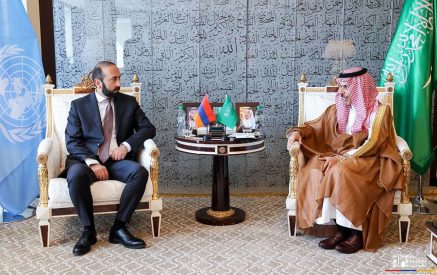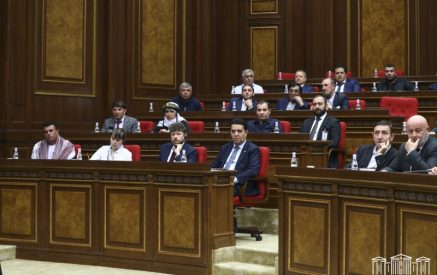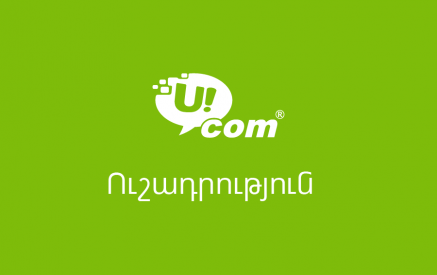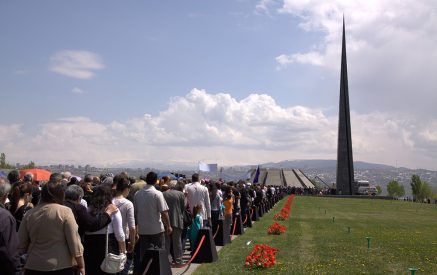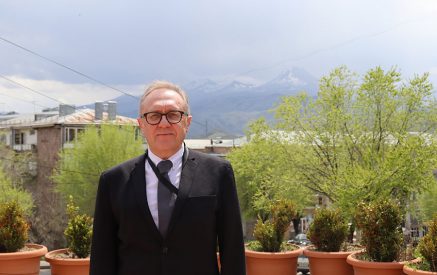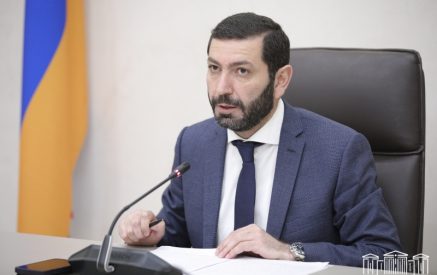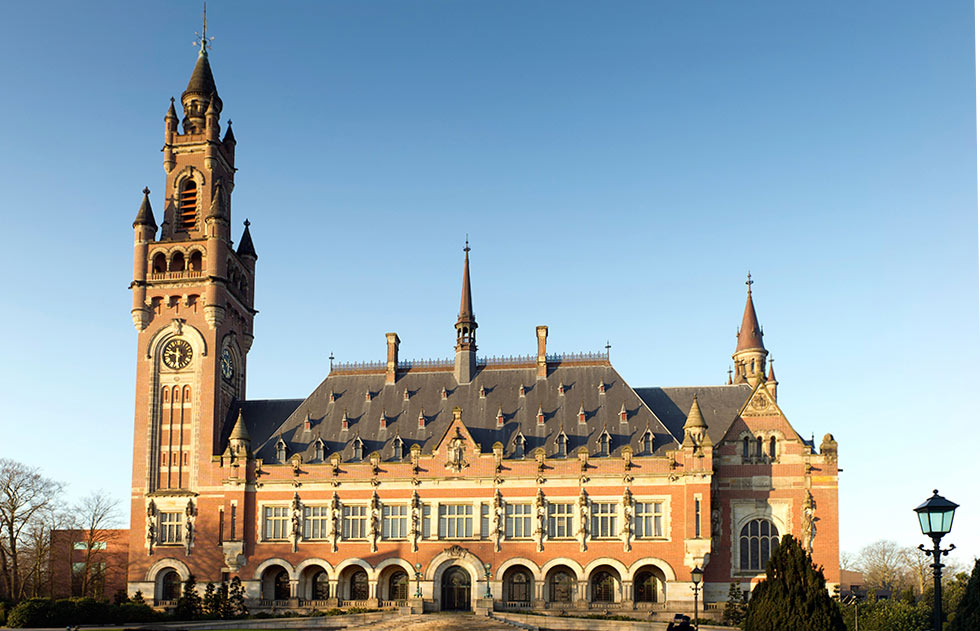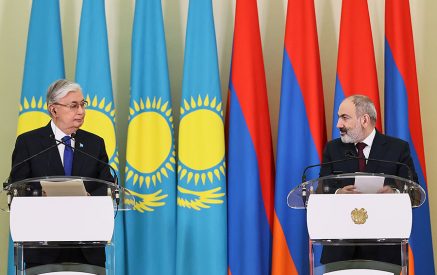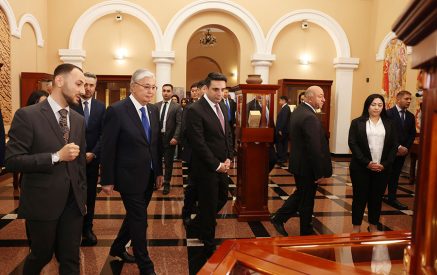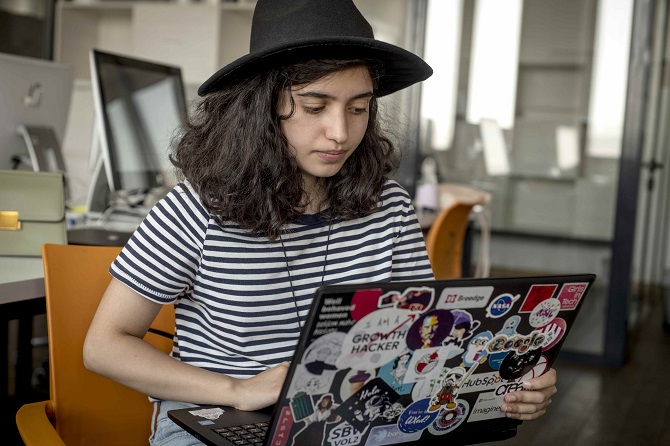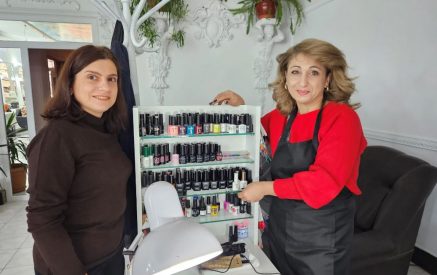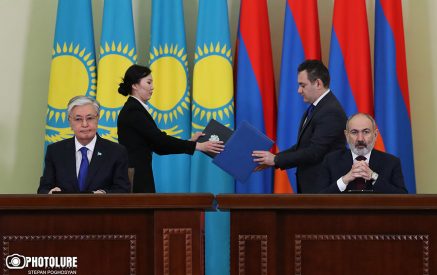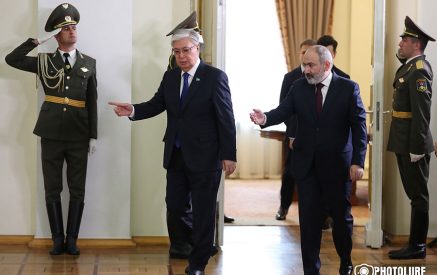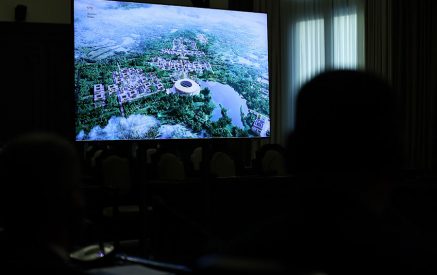- I want to start my own business, but I’m not sure my idea would work. Who can advise me?
The European Union is very active in supporting the development of new businesses, particularly among women and particularly in the regions of Armenia, so don’t think that you need to be in Yerevan, to have a higher education or an established business in order to access EU support.
Here are some examples:
The Mayors for Economic Growth programme supports local authorities in developing economic growth and job creation. Among the 73 local authorities that have signed up in Armenia, Sevan has been selected to run a pioneer project, which includes setting up the Sevan Business Centre, which provides ready-to-go solutions and support to women entrepreneurs, especially at the critical early stages to help them build strong, sustainable businesses. Within the first six months, the business centre supported 12 women entrepreneurs to develop detailed business plans, while more than 150 women have participated in different educational and networking events.
If you have an innovative idea, try the Startup Academy, which was set up with EU project for support to SME Development (EU SMEDA). The project ended last year, but the Academy continues to provide know-how and expertise through its tailored three-month programme, which has so far trained almost 300 entrepreneurs while also helping them to raise funding to bring their ideas to the market.
Read also
In addition to these, a dedicated agricultural support project is getting underway, called the EU Green Agriculture Initiative in Armenia (EU-GAIA). Over the next three and a half years, the €11.7 million project will support the development of green agriculture in the northern regions of Armenia. So make sure to follow the Green Agriculture Facebook page to be the first to know about any new opportunities.
Armenian entrepreneurs also have access to the EU’s COSME programme, which includes grants for SME development, and also funds the Enterprise Europe Network, which helps Armenian SMEs find business and technology partners across Europe and beyond. If you are starting out in business, you can benefit from the Erasmus for Young Entrepreneurs programme, which gives new or aspiring entrepreneurs the chance to learn from experienced entrepreneurs running small businesses in other Participating Countries.
- I already have a business, but my biggest challenge as a businesswoman is to get the money I need to take it to the next step: is there any EU support available for me?
If you are looking to develop your business, funding (and training) is available through a number of programmes under the EU4Business initiative, which supports private sector development across Armenia.
Specifically, the EBRD’s Women in Business programme offers loans, training and advisory services that are specifically tailored to women-led businesses. The programme works with local partners ACBA Credit Agricole, Ameria Bank, Araratbank and Armeconbank to offer dedicated financing to help women entrepreneurs, with products that specifically address the needs of women-led SMEs. Visit their website or stop by your local branch for more information. You can also meet representatives of the banks in person at the EBRD’s Women in Business seminars.
The programme also offers a personalised online tool – the Business Lens – to assess your business and see what kind of support you can access.
In addition to Women in Business, small loans are available through the European Fund for South East Europe (EFSE) – average loan size €9,000 – not just to SMEs but also to micro-businesses (less than 10 employees) in sectors such as agriculture, industry, trade and services, as well as through the European Investment Bank’s SME Finance Facility.
Subsidised consultancy services are also available from the Advice for Small Businesses programme, in areas including strategy, marketing, operations, quality management, energy efficiency, financial management and more. Visit the EBRD website to find out how to apply and visit their Facebook page to see examples of the many women and small businesses who have benefited, all over Armenia.
Another legacy of the EU-SMEDA project is the Women Entrepreneurs’ Club (WE) Club –
a platform for women in business who meet regularly to network, exchange, learn and share experiences, establish new connections, and start cooperation. When the project ended in 2019, WE Club platforms in Yerevan and Syunik Region were handed over to women-led consortia to continue their activities.
If you have an idea you want to develop in tourism, a new EU4Business project, ‘Innovative Tourism and Technology Development for Armenia’ (EU-ITTD), implemented by GIZ, will offer opportunities until April 2023. The project will be focused on the three northern regions of Armenia- Shirak, Lori and Tavush. The grants aim to upscale innovative tourism business concepts and to support ventures. There will also be opportunities for technology start-up grants. Gender equality in business development is a priority for the project, so women entrepreneurs or businesses with women managers are encouraged to apply.
- Are there women like me, who started their own business or learned a new trade with EU help?
There are lots!
Zoya Safaryan is 19 years old and benefited from the Mayors for Economic Growth project in Sevan: “I heard there was an innovative business centre in Sevan which helps young people who have an idea but don’t know where to start and what to do,” says Zoya. She went along, learned how to develop a business plan and now plans to open a marketing centre in her hometown.
Narine Sahakyan has worked as a cook, a tailor, a nurse and a hairdresser but she had never had a full-time job until she trained as a spinner for a wool factory set up with EU help in Amasia in Shirak province, as part of the EU4Shirak: Wool for Jobs project – one of the eight initiatives funded under the EU4Regions programme.
Natacha Kalfayan established MADE, a handicraft platform which provides training to local artisans, thanks to a grant provided under the EU4Regions Dilijan and Adjacent Communities Development Initiative. Since Natacha’s project began, 170 people have received training, 12 of whom are ready to create a product, brand it and sell it.
Maria Aloyan and Liana Hakobyan are two of the co-founders of Breedge, an online cooperation platform for employers and students. They completed a three-month course at the Armenian Startup Academy, and won a grant to implement their idea from the EU-SMEDA project.
Inga Manukyan received coaching and practical support for her weaving company from the Women in Business programme, leading to a 25% growth in turnover and a 20% increase in sales – now the company exports its clothes to the EU and the United States
- I’m not sure I want to start a business, but I want to learn new skills to help me find a job: is there something for me from the EU?
Training and skills are a key priority of EU support in Armenia, and the EU provides considerable funding for Vocational Education and Training (VET) with ‘Better Qualifications for Better Jobs’, a €15 million programme that supports the development of a national system of professional orientation and career guidance centres, contributes to the development of qualifications and aims to improve job opportunities for young people, particularly in the agricultural sector.
The individual EU4Youth programmes – Say YES: Skills for Jobs, Employability and Stability, Fostering Potential for Greater Employability, and Better Skills for Better Future – have a strong focus on skills for under-35s, especially in less advantaged regions of Armenia.
Set up with EU support, the EU TUMO Convergence Centre for Engineering and Applied Science is a mixed-use campus that brings higher education and industry together, linking students, researchers, and professionals to each other and with their global peers while fostering innovation and entrepreneurship. The centre includes teaching and training facilities, such as TUMO Labs, 42 Yerevan programing school, and UFAR’s computer science and mathematics faculty.
For young women under the age of 30, the EU offers exciting opportunities under its Erasmus + youth programmes. You can join the almost 7,000 young Armenians who have already learned new skills and developed valuable experience by participating in youth projects or volunteering for work abroad under the European Solidarity Corps.
And if you are in higher education, Erasmus + offers student exchanges and post-graduate programmes in Europe. Find out more about all the opportunities and how to apply.
- Whom can I ask for help?
Visit the EU Delegation website, EBRD’s Women in Business website for information on available support and contacts of partner banks, as well as the EBRD website for information and contacts on business advisory support. Also check out additional training and funding opportunities available under EU4Business in Armenia. You can also visit the Business Support Centre, which is involved in a number of EU-funded projects, as is the SME Development National Centre (SME DNC).
Go to the Mayors for Economic Growth website to see if your town is among the signatories and what it is doing to support jobs and businesses near you, and follow the EU4Youth website for new job and training opportunities.
For education and youth opportunities, contact the national Erasmus + office in Armenia.
And don’t forget to follow the EU Delegation to Armenia on Facebook for updates and new opportunities.
Audio podcast:
EU NEIGHBOURS EAST

